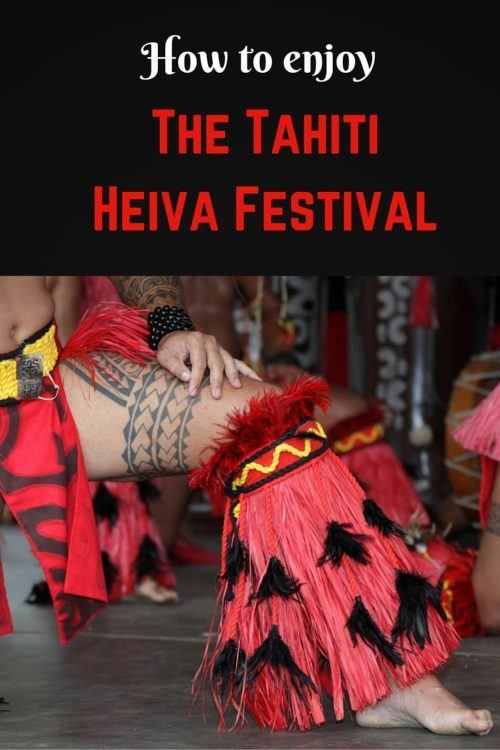Sponsored Listings:
A rich part of Tahitian culture, the Heiva festival celebrates the history and culture of French Polynesia. Heiva comes from the Tahitian words hei, which means “to assemble”, and va, which refers to community places. Heiva, then, refers to all of the culture and celebrations, pastimes and parties, of the Polynesian communities. The Heiva Festival is a month-long celebration that features traditional dancing, sporting events, and cultural shows on the French Polynesian island of Tahiti.
When and where
How to get there
You can get good flights to Tahiti from Air Tahiti Nui, who offer non-stop flights from Los Angeles to Papeete, Tahiti. Air Tahiti offers flights to the surrounding islands in French Polynesia, and also offers hotel deals and packages. Tahiti has a functional public transportation system, and you can also hire a car, scooter, or taxi to get around the island if where you’re going is too far to walk.
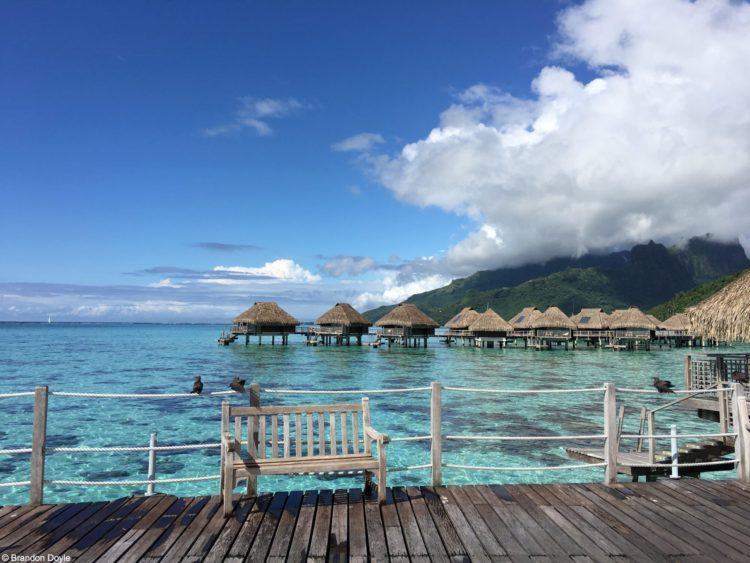
Where to stay
As many people head to French Polynesia for a luxury retreat, Tahiti isn’t the cheapest place in the world — prices for a double room start at around US$100 per night. Some options are available online, and you can also book through Tahiti Tourism. There are several resorts on the island including the Manava Suite Resort Tahiti and the InterContinental Tahiti Resort & Spa, which both offer all of the luxuries you could need while maintaining the ambience of French Polynesia.
If you don’t mind the ferry boat ride, the island of Moorea is located just half an hour from Tahiti. It is quieter and more secluded than Tahiti, but offers the same gorgeous views and beaches. If you go to Moorea, stay at the Hilton Moorea Lagoon Resort & Spa. They offer a number of water bungalows that sit right on the beautiful beaches of the island.
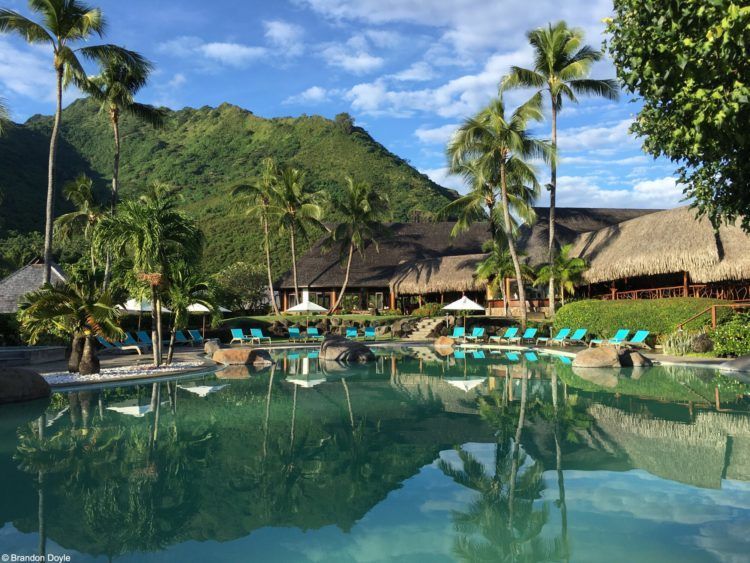
History
The Tahitians have always had a rich culture, filled with many forms of expression in dance and song. When missionaries arrived on the islands in the early 1800s, however, the traditional dancing of the Polynesian culture was forbidden because it was considered too vulgar, and in 1819, dancing in public places was banned.
Later in the 1800s, France annexed part of French Polynesia and gave back freedoms that had been taken away for over half a century. As a result sports, dancing, and other activities resurged in the Tahitian culture, and to commemorate this regained freedom, In 1881 Tahiti organised a festival called Tiurai, the first Heiva Festival.
The Tiurai festival was replaced by the Heiva Festival in June 1985, after French Polynesia received more political freedom and autonomy from France in 1977. The festival is more than just a celebration of culture, but a celebration of heritage and history.
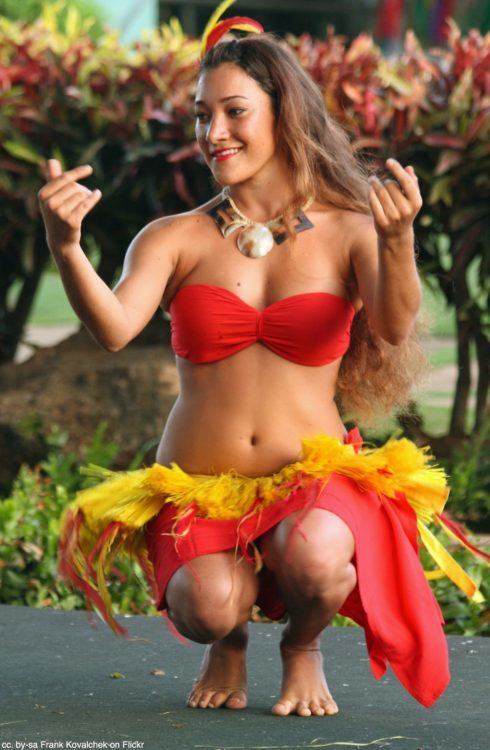
Music and dancing
Dancers prepare for over six months to perform during the Heiva Festival. Many of the performances draw on the rich history and culture of Tahiti, and all the dances are accompanied by live music and singing. Traditional instruments are used like the nasal flute, which is made from bamboo or shells, and the ukulele also makes appearances. The festival features many singing competitions — some are for a cappella performances only, and many songs are in the Polynesian language.
Typically, women dress in traditional costumes that feature colorful feathers and flower garlands. Tourists may even be given flowers as they participate in the party.
Sports and games
The Heiva Festival is a great place to showcase traditional sports. These events include stone lifting, javelin throwing, outrigger canoe races, and fruit lifting. There are many events throughout the year for athletes to train and practice for these special sports. Sports competitions start July 1, 2016.
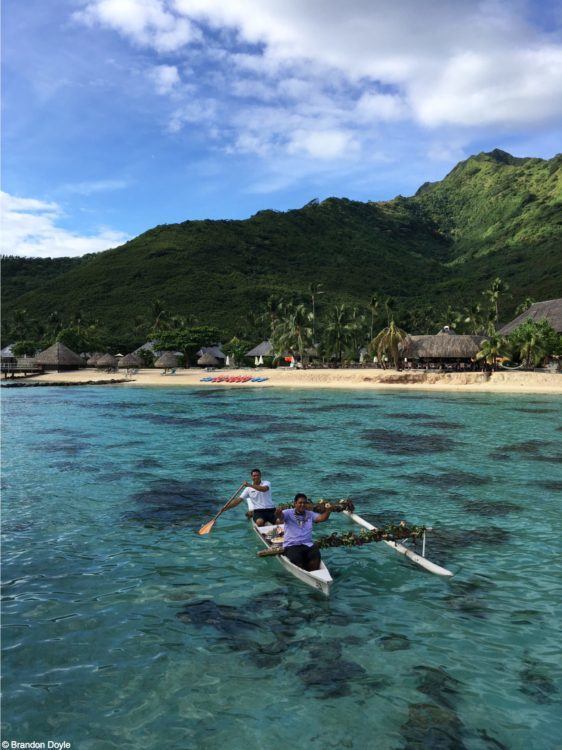
Handicrafts
The Heiva Rima’i (handicrafts) takes place on June 24, 2016. This craft fair features over 150 artisans from around French Polynesia, so if you are looking for some traditional decor, make sure to check this out! Items are made from bone, stone, pearl, wood, and other materials found on the islands. There are also displays of Polynesian tattoos.
Food to try
Tahiti has so many different foods and fresh flavors to try. Pape’ete is the food capital of Tahiti, so you are bound to get some great meals while attending the Heiva festival. There are many food options right in To’ata Square where you can grab a bite to eat. There are snack bars with outdoor seating, including Vaimiti, Chez Jimmy, or Toa Sushi. Make sure to try poisson cru, raw fish marinated in lime juice and coconut milk, one of Tahiti’s specialties. Tahiti also has a number of fresh fruits and exotic foods to try, so make sure you leave your hotel hungry. Just so you know, tipping isn’t expected in Tahiti, but is still appreciated.
Other nearby events
The Tahiti-Moorea Sailing Festival is from June 24 to June 26, 2016, taking place right before the Heiva Festival officially begins. This three-day event begins with one day in Tahiti for welcome celebrations. The next day is for sailing, and the final day of the event is spent on Moorea for traditional sports competitions including outrigger canoe races, fruit-lifter races, stone lifting, and grating coconut contests.
The Heiva Festival in Bora Bora takes place in Vaitape, Bora Bora from June 17 to July 24, 2016. This celebration features the same elements as the celebration in Tahiti with singing, dancing and sporting competitions. There are also craft fairs and demonstrations.
Tell us about it!
Have you ever been to the Heiva festival? Would you like to go? Leave a comment below!
Want to read about other July festivals? Check out our July festivals page.
Source: IndieTravelPodcast.com

